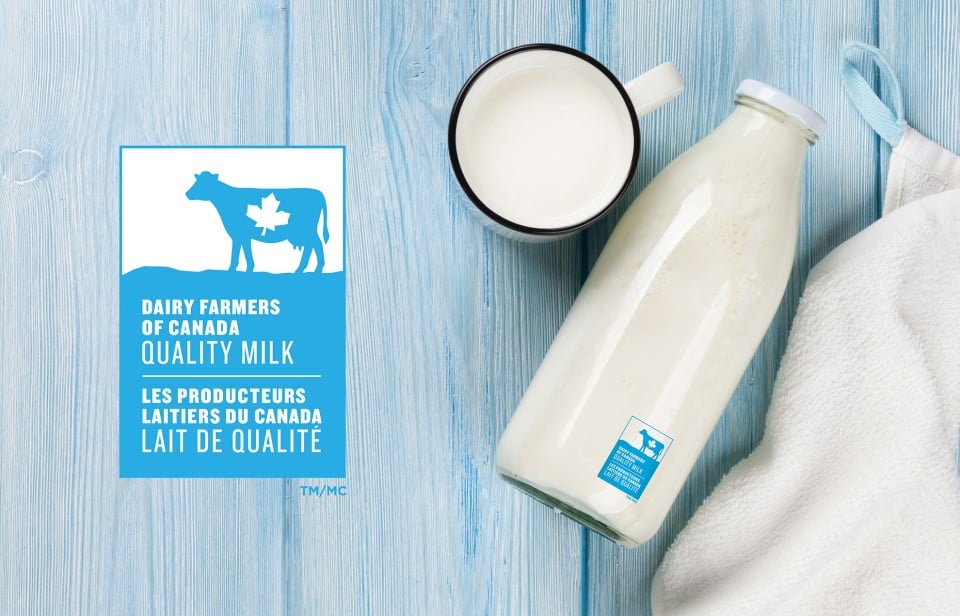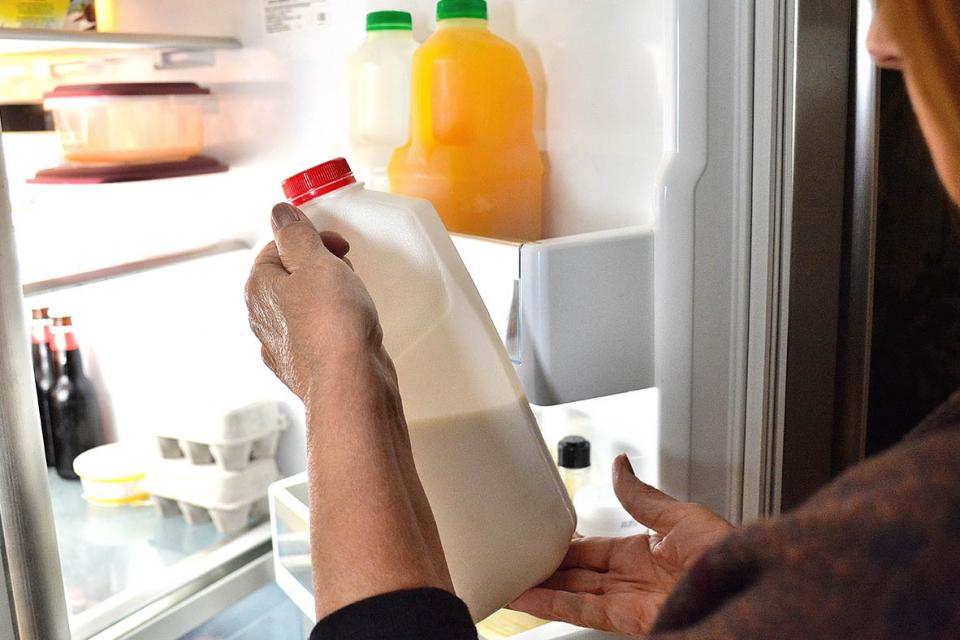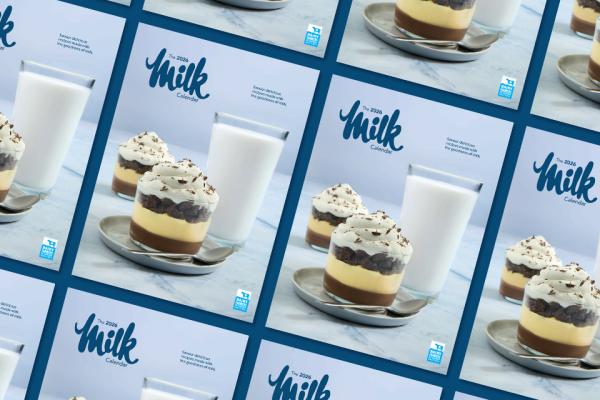How to keep milk fresh
In general, milk should be refrigerated at a temperature of between 0 °C and 4 °C. Keeping milk cold is critical to ensure it stays fresh, lasts longer, and keeps its delicious taste.
The key is not to break the "cold chain" between the grocery store and home. And, once home, to keep it in the fridge as much as possible.
Follow these handy tips to get the most from your milk and milk products!
At the grocery store / while shopping:
- Pick up your milk and dairy products last, so they don't warm up while you shop.
- Check the milk's best-before date and choose the product with the furthest date.
- Go straight from the grocery store to home if possible, in order to get the milk back into a refrigerator quickly.
- On hot summer days, consider putting your milk into a cooler in your vehicle if possible.
At home:
- The best-before date on milk containers assumes that the milk is kept constantly refrigerated, and reflects how long the milk will stay fresh until it is opened.
- Once opened, milk is safe to consume for up to 3 days. This is why it is better to buy smaller amounts more often rather than keeping larger containers open in the refrigerator for too long.
- Take milk out from the fridge only as long as you need it, then put it back in.
- Avoid exposing milk to light, as light destroys certain vitamins, such as vitamin D and riboflavin. (Another reason to keep milk in the fridge as much as possible!)
- Remember to open new milk containers in the same order in which you bought them, or in the order of best-before date.
- It's best to leave milk in its original container, in order to safeguard its flavour and nutritional value.
- Keep milk containers closed, and store them away from strong-smelling food items in the fridge if possible — the milk can pick up these odours.
- Store milk on refrigerator shelves, where it's cooler, rather than in the refrigerator doors, which tend to be warmer.
- To avoid spoilage, do not return unused milk from a serving pitcher to the original container.

Can you freeze milk?
Yes, milk can be frozen! Milk can last for up to 6 weeks in the freezer, without any impact on its flavour and nutritional value. Freeze unopened milk containers in their original packaging before the ‘best-before’ date.
Leftover evaporated milk can be frozen in an airtight container for up to 6 weeks with no adverse effects.
If you freeze foods such as soups or stews, add the milk after you reheat the thawed food.
Note that upon thawing, it can separate and lose its smooth texture.
How do you thaw frozen milk?
It's best to thaw milk in the fridge – a process that can take 24 to 36 hours. This slow thawing process is best as it keeps milk at or below the required storage temperature. Applying heat to the milk will cause the formation of bacteria.
Give it a quick shake before opening. If the milk separates upon thawing, beat it with an electric mixer or an immersion blender with the whip attachment.
How long can UHT and canned milk last?
UHT, or Ultra-High-Temperature milk, as well canned milk found in the non-refrigerated aisle, are perishable once opened. Opened UHT and canned milk must therefore be refrigerated.
After opening canned milk, immediately transfer any unused portions to a clean, opaque and airtight container. These milk products should be used within 3 days of opening.
If stored in a cool, dry place, powdered milk will keep for up to 6 months. Once the package is opened, it should be used within 1 month. After being reconstituted, it should be stored and treated in the same way as regular fluid milk, meaning it should be refrigerated and used within 3 days.
Why does milk sometimes spoil before the best-before date?
The best before date is accurate, as long as the ‘cold chain’ of the milk was never broken from the time it is pasteurized and packaged to the time you consume your glass of milk. It is important to understand that pasteurization of milk is reducing 99.9% of bacteria in the milk, but the small amount left, will continue to grow. As long as milk is kept cold, that low level of bacteria does not affect food safety, quality and taste.
However, if milk is left on the counter between 4 °C et 60 °C, the number of bacteria can double every 15 minutes! Therefore, pour the amount of milk you need, and to store it right back in the refrigerator. In the same vein, prepare any perishable foods as quickly as possible.











